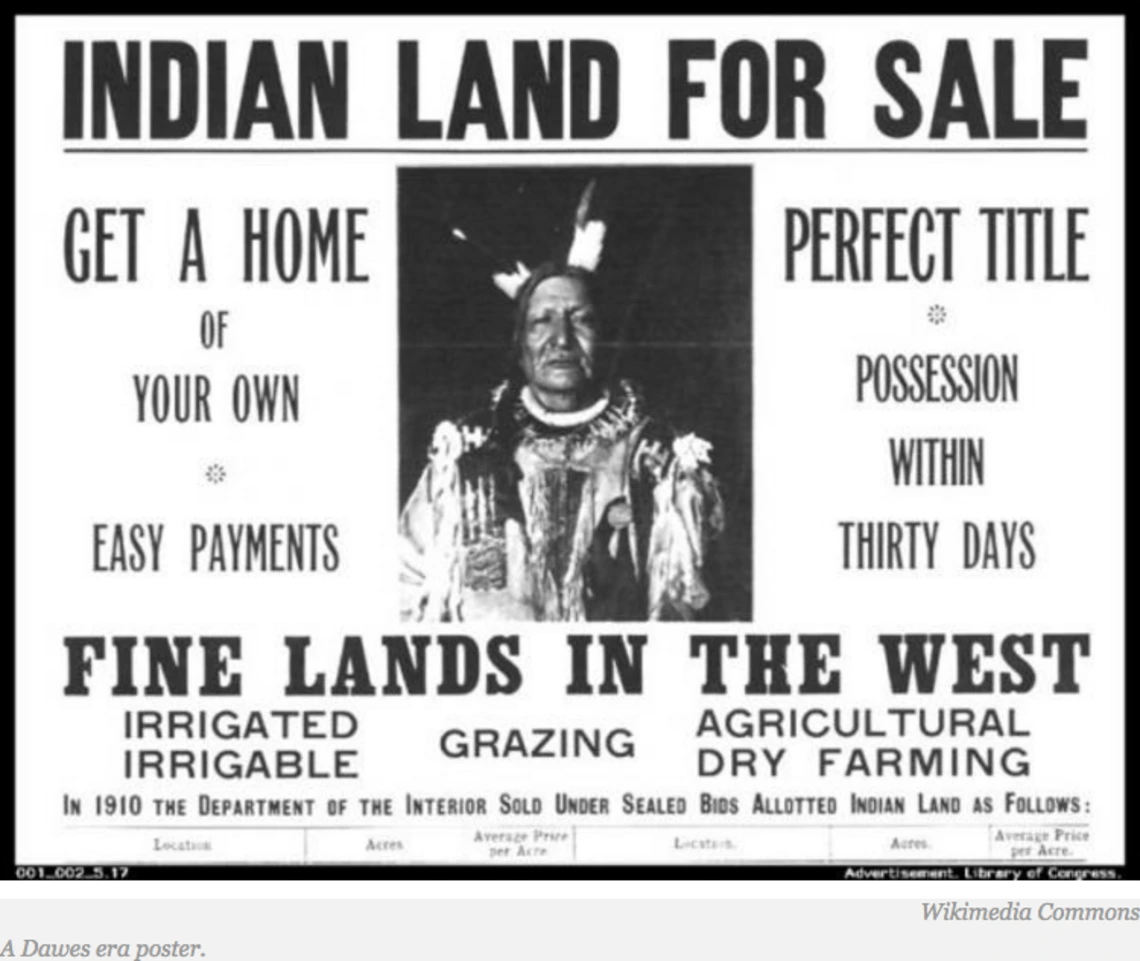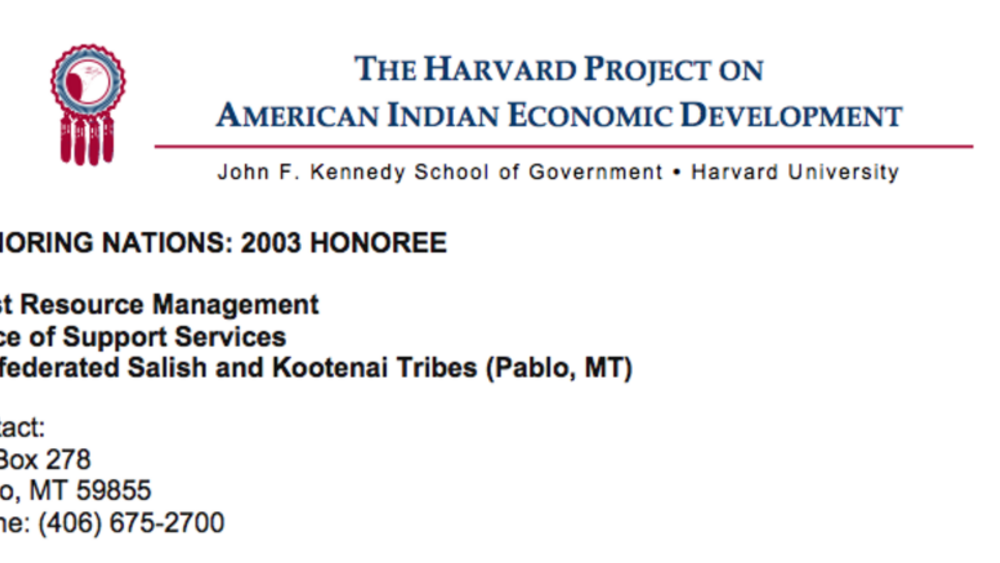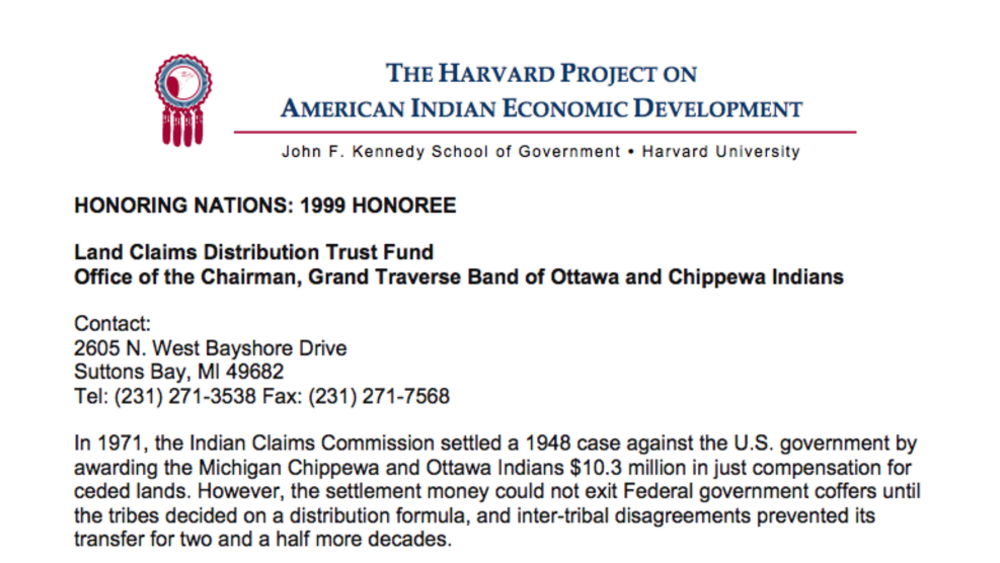There is an argument within federal-Indian law literature that suggests Indians could have more effectively protected land under U.S. law if they owned land in fee simple rather than under trust. There is better protection for private property under the U.S. Constitution than can be had from treaties, aboriginal title, and federal trust protection.
This kind of argument is called a hypothetical and requires acceptance of certain assumptions before the argument’s logic can be understood. Hypotheticals are used in legal debates and in law school teaching to consider various outcomes of cases by hypothetically changing case facts. Hypotheticals explore alternative case situations, or anticipate future scenarios based on changing circumstances...
Additional Information
Champagne, Duane. "U.S. Land Rights for Indians?" Indian Country Today. April 27, 2014. Article. (https://ictnews.org/archive/us-land-rights-for-indians, accessed June 4, 2024)




